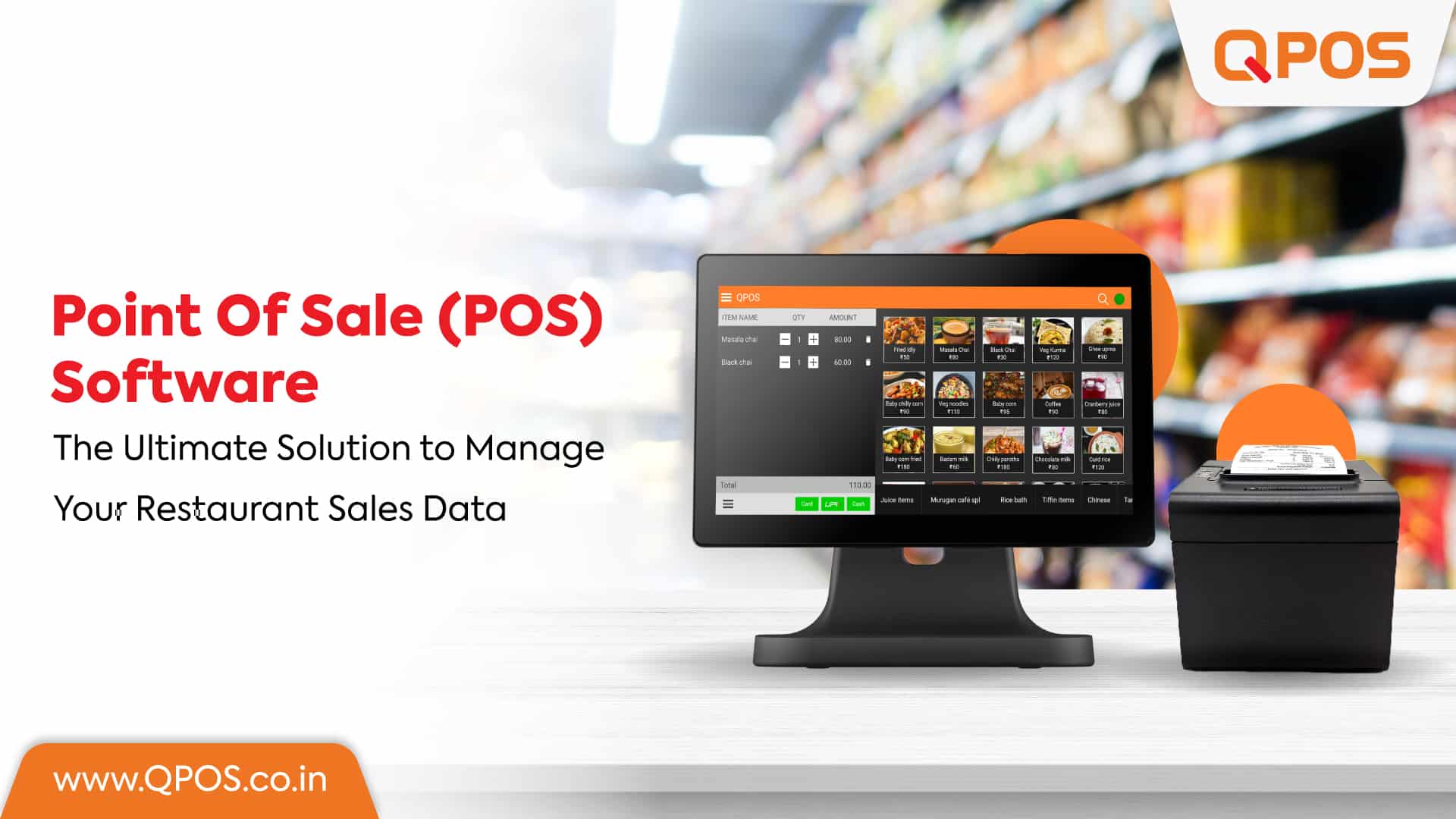In today's fast-paced business environment, possessing an effective and reliable Point of Sale (POS) system is vital for success. As companies move through the challenges of contemporary commerce, comprehending what a POS solution truly entails becomes the first phase. A POS system extends beyond basic transactions; it encompasses a variety of functionalities that can revolutionize how businesses operate, from overseeing inventory to improving customer experiences.
While we explore the field of POS solution providers, it is crucial to grasp the development of these technologies from conventional cash registers to advanced cloud-based solutions. This progression not only highlights the advancements in payment processing but also sheds light on how a modern POS solution can simplify operations, improve team productivity, and provide valuable insights through data analytics. Whether POS Systems for Restaurants 're a small business owner seeking an cost-effective option or a large enterprise seeking holistic options, this resource will help you steer through the multitude of options available and find the most suitable fit for your specific needs.

Comprehending POS Systems
A Point of Sale (POS) system is a full solution that allows businesses to finalize sales transactions in a timely manner. It generally consists of technology and applications that work together to simplify the transaction flow, handle inventory, and enable customer interactions. POS systems have evolved remarkably from the old-fashioned cash registers, enabling businesses to evolve to transforming consumer expectations and enhance operational efficiency.
Modern POS systems go beyond just processing payments. They can integrate various capabilities like inventory management, customer relationship management, and sales analytics. By utilizing these capabilities, businesses can gain understandings into sales trends and customer preferences, which helps them make knowledgeable decisions and adapt their offerings to meet consumer needs. As technology progresses, the capabilities of POS systems are continually expanding, making them invaluable tools for current retailers and service providers.
The implementation of a strong POS system can transform various aspects of a business. With the ability to execute transactions quickly and securely, businesses can enhance customer experience and improve satisfaction. Additionally, features such as mobile payments and contactless transactions address the needs of tech-savvy consumers, additionally boosting engagement and loyalty. Choosing the right POS system is essential, as it can result in improved operational efficiency and finally, business growth.
Selecting the Best POS Solution
Selecting the correct POS system for your company needs thoughtful consideration of various aspects that align with your specific needs. Begin by assessing the essential features you need, such as sales processing, inventory management, and CRM. Understand the type of company you operate, whether you are in retail, hospitality, or a different sector, and find a system that offers capabilities tailored to your business needs. This first assessment will assist you narrow down your options to those systems that can truly support your company.
Another important aspect to consider is the ability to scale of the POS solution. As your company expands, your POS needs may change; therefore, selecting a system that can scale with you is essential. Seek out systems that provide strong features for adding functionality, including detailed analytics or additional access rights, without necessitating a full redesign of your existing setup. Explore niche solutions that not just address current operations but also give the flexibility required for subsequent expansion.
Ultimately, don’t overlook the significance of ease of use when selecting a POS system. A simple design guarantees that your staff can learn the system quickly, reducing training time and avoiding potential disruptions in service. Seek a demonstration or trial to assess the system's ease of use, and consider customer support available through the provider. A responsive support network can prevent you from prolonged periods of inactivity and ensure your business activities operating efficiently.
Guaranteeing Safety and Adherence
As organizations gradually depend on POS technologies for transactions, confirming the safety of these technologies is crucial. Cyber threats are more sophisticated than ever, and companies must take anticipatory measures to secure confidential data. Adopting strong passwords, regular security audits, and protected network protocols can assist defend against unauthorized access and data breaches. Furthermore, training staff on security protocols is essential to create a climate of security mindfulness within the company.
Adherence is a key aspect of using a POS technology. The Payment Card Industry Data Security Standard (PCI DSS) sets standards that businesses must observe when processing credit card transactions. By confirming compliance with PCI regulations, businesses not only shield their consumer's data but also eliminate hefty fines that can arise from breaches. Frequently updating software, conducting vulnerability checks, and maintaining secure payment processing systems are vital steps in achieving and maintaining compliance.
Additionally, the constant evolution of technology means that security protocols must also change. Remaining informed about latest threats and the most recent security strategies is essential for organizations looking to secure their POS technologies. Adopting EMV chip technology can add layers of safety against fraudulent transactions, while consistent updates and patches for software can reduce vulnerabilities as they arise. By focusing on security and compliance, businesses can not only safeguard their resources but also build trust with their consumers.
